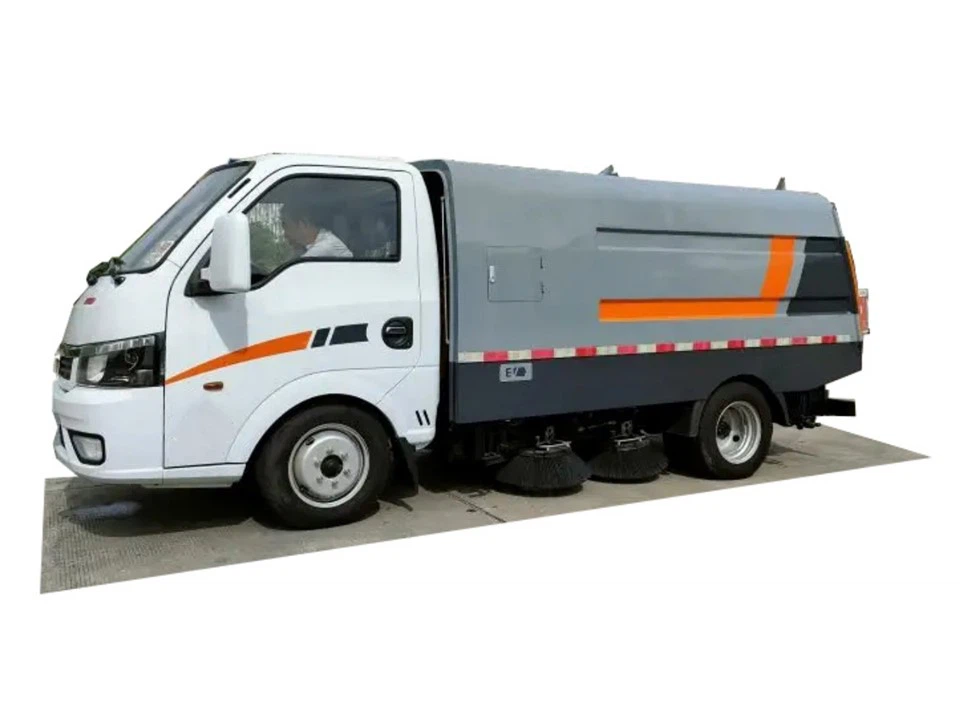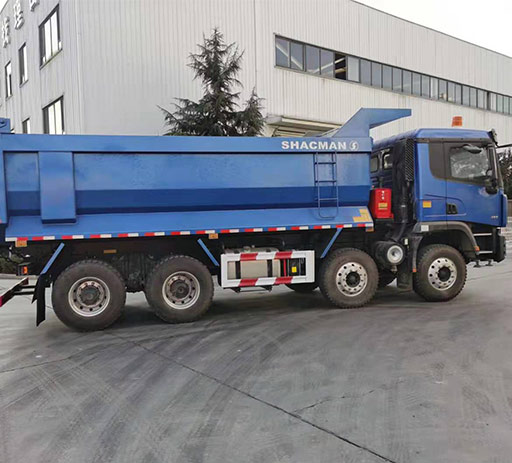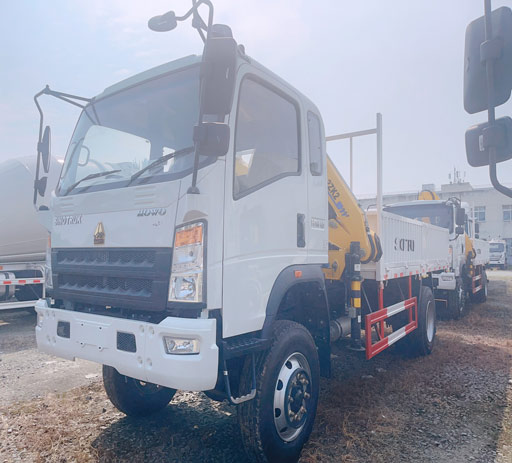Propane Gas Storage Tanks: A Comprehensive Guide

Propane gas storage tanks are essential components for both residential and commercial applications. They provide an efficient and convenient way to store propane, which is widely used for heating, cooking, and powering appliances. Understanding the different types of propane tanks, their safety measures, installation guidelines, and maintenance tips is crucial for anyone interested in using propane. This article will explore everything you need to know about propane gas storage tanks to ensure safe and effective utilization.
1. What is a Propane Gas Storage Tank?
A propane gas storage tank is designed to hold propane gas under pressure for storage and later usage. Propane, a byproduct of natural gas processing and petroleum refining, is widely known for its versatility and energy efficiency. These tanks come in various sizes and types, suitable for different applications, ensuring a steady supply of gas for various needs.
2. Types of Propane Storage Tanks
Understanding the types of propane storage tanks available is essential for choosing the right one for your needs. Here are the main categories:
2.1. Above-Ground Tanks
- Propane Cylinder: These are small, portable tanks usually used for various home applications like BBQ grills and outdoor heaters.
- Above-Ground Large Tanks: These tanks can hold up to 1,000 gallons of propane and are commonly used for residential properties.
2.2. Underground Tanks

Underground tanks are buried in the ground to minimize aesthetic impacts and reduce space requirements. These typically hold larger quantities of propane (up to 1,000 gallons or more) and are used for both residential and commercial purposes.
2.3. ASME vs. DOT Tanks
Propane tanks fall into two main categories based on their certification:
- ASME Tanks: These are permanently installed tanks designed for larger storage and high-demand applications.
- DOT Tanks: These are portable cylinders suitable for various smaller uses, such as camping and BBQs.
3. Advantages of Using Propane Storage Tanks
Choosing propane as your energy source comes with several benefits. Here are some advantages of using propane storage tanks:
- Energy Efficiency: Propane has a high energy content, allowing for more efficient heating and cooking.
- Environmental Impact: Propane is a clean-burning fuel producing fewer greenhouse gases compared to other fossil fuels.
- Versatility: Propane can be used for heating, cooking, refrigeration, and electricity generation.
- Cost-Effectiveness: Propane pricing can be more stable than other energy sources, often leading to lower overall heating costs.
4. Safety Measures for Propane Gas Storage Tanks
Safety is critical when it comes to storing propane. Here are some important safety measures to consider:
4.1. Proper Installation
Ensure that the propane storage tank is installed by a licensed professional. Always follow local codes and regulations regarding distance from buildings and property lines.
4.2. Regular Inspection and Maintenance
Inspect your propane tank regularly for signs of rust, damage, or leaks. Maintaining equipment and keeping the area around the tank clean can help prevent accidents.
4.3. Ventilation
Ensure adequate ventilation around the propane tank to protect against the accumulation of gas.
4.4. Emergency Preparedness
Have an emergency plan in place, which includes knowledge of where the shut-off valve is and how to act in case of a leak or emergency.
5. Installation Guidelines for Propane Tanks
Proper installation is crucial for using propane gas safely. Here are some important installation guidelines:
| Installation Feature | Recommendation |
|---|---|
| Distance from Buildings | Minimum of 10 feet from structure |
| Distance from Property Line | Minimum of 5 feet |
| Tank Orientation | Vertical or horizontal as per design standards |
| Foundations | Concrete pad for stability |
6. Maintenance of Propane Gas Storage Tanks

Regular maintenance extends the life of your propane tank. Important maintenance steps include:
6.1. Inspect for Leaks
Use a soapy water solution to check for bubbles that indicate leaks at connection points.
6.2. Cleaning the Tank
Regularly clean the exterior of the tank to prevent rust and corrosion.
6.3. Check Valves and Gages
Ensure that all valves, gages, and fittings are functioning correctly and securely linked.
6.4. Winter Preparation
Ensure your tank is equipped for winter conditions to prevent freezing of the gas. Insulating the tank can help maintain temperature.
7. Common Applications for Propane Storage Tanks

Propane is utilized across various sectors due to its versatility. Here are some common applications:
7.1. Residential Use
Many households use propane for heating their homes, cooking, and powering water heaters.
7.2. Agricultural Use
Farmers often use propane for heating greenhouses, running farm equipment, and crop drying.
7.3. Commercial Applications
Businesses may utilize propane for heating, cooking in restaurants, and powering machinery in warehouses.
8. Propane Storage Tank Regulations
Below are some key regulations governing propane storage tanks:
- National Fire Protection Association (NFPA): They provide guidelines on storage and safety.
- Department of Transportation (DOT): Oversee the transport and safety of propane tanks.
- Local Ordinances: Always check for local rules and regulations regarding propane tank storage.
9. Frequently Asked Questions (FAQ)
9.1. How long will a propane storage tank last?
A well-maintained propane storage tank can last 30 years or more, but regular checks and maintenance are essential to ensure longevity.
9.2. What size propane storage tank do I need?
The size of the tank you need depends on your monthly propane usage. Homeowners typically use 250 to 1,000-gallon tanks based on their needs.
9.3. Can propane tanks explode?
While propane tanks are built with safety in mind, they can explode if they are incorrectly maintained or if there is a severe leak. Regular inspections can help prevent this risk.
9.4. Are underground propane tanks safer than above-ground tanks?
Both underground and above-ground tanks have safety features. Underground tanks are less prone to environmental damage but require professional installation and inspection.
9.5. How often should I have my propane tank inspected?
It is advisable to have your propane tank inspected at least once a year or whenever you notice any significant changes in its condition.
9.6. What should I do if I smell propane?
If you smell propane, immediately evacuate the area, avoid turning on lights, and contact emergency services. Do not attempt to locate the leak yourself.
10. Conclusion
Understanding propane gas storage tanks is essential for safe and effective use. Whether for residential or commercial purposes, being informed about types, safety measures, applications, and regulations can help optimize your experience. Always prioritize safety and consult professionals when installing or maintaining propane storage systems.
